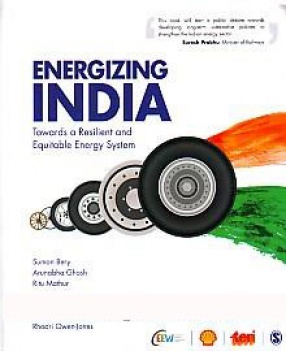Displacing people involuntarily gives rise to several economic, social and environmental problems and impoverishments. Rehabilitation plans and programmes are prepared to minimise such problems and to ensure that the oustee families regain atleast their previous standard of living. In the process, the affected families should be permitted to choose their future from a number of acceptable alternatives and the Government should assist technically and financially such families to serve their economic lives. Implicitly, such a approach discourage resettlement solution of a purely welfare nature which tend to lack lasting beneficial effects. Thus, the both deals with the ultimate objective of rehabilitation and resettlement plan/programme to ensure that the settlers are given opportunities to become established and economically self-sustaining in the shortest practicable time and to improve upon the economic status, they had before resettlement, thereby minimise their sufferings in future resettlement. Displacement and rehabilitation, in this book has been viewed as an induced social change which requires an anthropological and sociological analysis apart from economic analysis which would make possible the formulation of problems and the systematic presentation of results.
Ageing: Life at the Edge
$84.60
$94.00





There are no reviews yet.